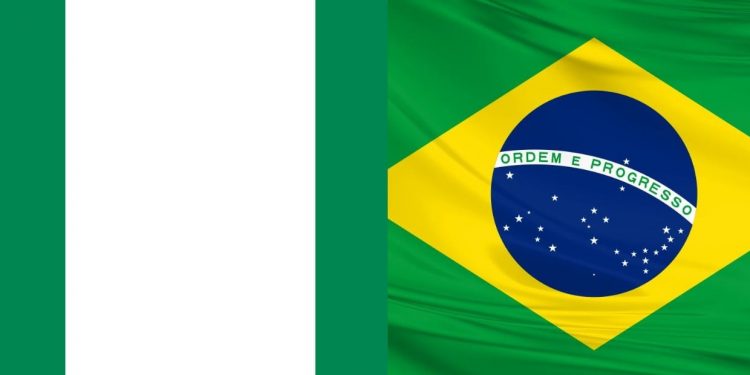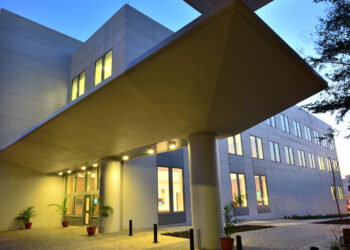Brazil and Nigeria have come together alongside stakeholders to strengthen diplomatic and trade relations.
This was at the Brazilian-Nigeria Business Forum, themed, ‘Paving the way for a brighter future’ held recently in Lagos.
Consul General of Brazil in Lagos, Francisco Luz, said the old economy is going through difficult times economically, socially and in other ways thus the need to explore and embrace the new economy.
He expressed optimism over the two countries coming together to celebrate and deepen their ties.
Nigeria’s Ambassador to Brazil, Ahmed Makarfi, said the collaboration was a gateway for both countries to work together to foster the adoption of new technologies, business relations and cooperation, adding that growth is possible when one has knowledge.
The captains of industries from two divides were present to discuss opportunities that exist in the two countries.
“Brazil, for instance, has been able to deploy science and technology in all sectors like agriculture, industry, maritime and aviation, which have transformed their capacity to produce various things and we think Nigeria should do same. We have very many comparable figures when it comes to both countries like population and shared history such as slavery. That effort, if complimented from this side, would make a lot of difference when the two teams come together,” he said.
Makarfi listed some challenges both countries experience as language and travel limitations.
Brazillian Economist and International Monetary Fund (IMF) Representative to Nigeria, Ari Aisen, noted that in IMF, the two countries are really important adding that the Summit was a step in celebrating ties between two giants and seeing the potentials materialise and flourish.
He stated that the private sector is an important element to consider in Nigeria’s development, as the government’s main objective should be to ensure a good business environment for the private system to operate.
According to him, IMF does not give loans to SMEs but provides financing when countries need it for large projects. “We discover policies nations should pursue and we provide technical assistance. Provide a wide array of technical training for public servants and others,” he added.
On green imperative, Senior Special Assistant to the President on Agriculture, Office of the Vice President of Nigeria, Andrew Kwasari, said Nigeria’s agricultural sector needs a lot of organization, which cuts across harmonizing structures and building sustainable systems.
According to him, other important needs are knowledge, as the need of it to drive activities is essential, technology and finance.
“The green imperative looks at all these approaches and check ways to enhance private driven and government enabled system.
“We took advantage of the role of government, that is its capacity to borrow at the lower interest rate, leverage bilateral understanding, secure the loan and get it across to private sectors. Brazil is like an epic centre for structuring the finances,” he added.




































